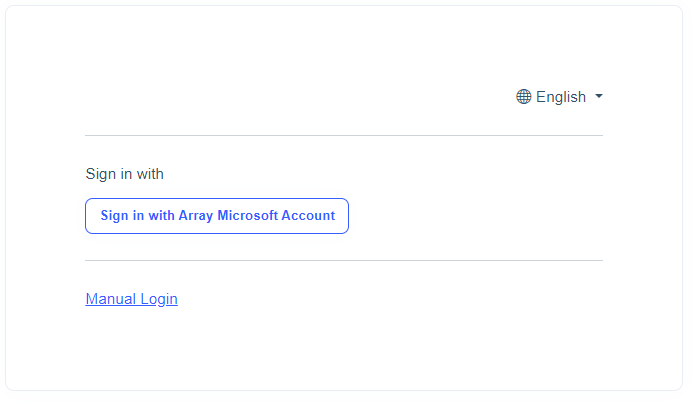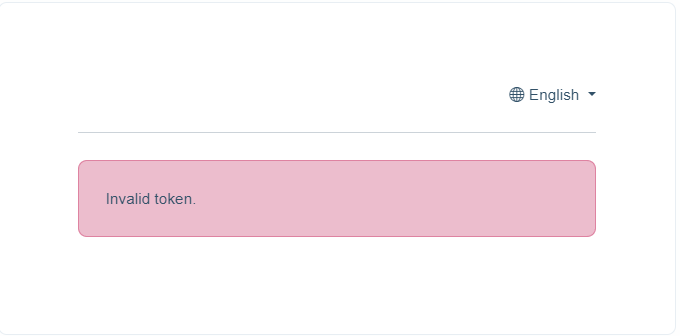0
csykes created
- ABP Framework version: v7.0.2
- UI type: Blazor
- DB provider: EF Core
- Tiered (MVC) or Identity Server Separated (Angular): Blazor Server Tiered
- Exception message and stack trace:
- Steps to reproduce the issue:"
We have a Blazor Server application that uses Azure Active Directory OpenId for user registration and login:

When the user registers for the first time, they receive this email:

If they click the link, they are taken back to the application and an "Invalid token" error is shown:

We don't want our new users to receive this email. How can we stop it from being sent?
1 Answer(s)
-
0
Hi,
You can try this:
[Dependency(ReplaceServices = true)] [ExposeServices(typeof(IAccountAppService)] public class MyAccountAppService : AccountAppService { public MyAccountAppService(IdentityUserManager userManager, IAccountEmailer accountEmailer, IAccountPhoneService phoneService, IIdentityRoleRepository roleRepository, IdentitySecurityLogManager identitySecurityLogManager, IBlobContainer<AccountProfilePictureContainer> accountProfilePictureContainer, ISettingManager settingManager, IOptions<IdentityOptions> identityOptions, IIdentitySecurityLogRepository securityLogRepository, IApplicationInfoAccessor applicationInfoAccessor) : base(userManager, accountEmailer, phoneService, roleRepository, identitySecurityLogManager, accountProfilePictureContainer, settingManager, identityOptions, securityLogRepository, applicationInfoAccessor) { } public override async Task<IdentityUserDto> RegisterAsync(RegisterDto input) { await CheckSelfRegistrationAsync(); if (await UseCaptchaOnRegistration()) { var reCaptchaValidator = await RecaptchaValidatorFactory.CreateAsync(); await reCaptchaValidator.ValidateAsync(input.CaptchaResponse); } await IdentityOptions.SetAsync(); var user = new IdentityUser(GuidGenerator.Create(), input.UserName, input.EmailAddress, CurrentTenant.Id); input.MapExtraPropertiesTo(user); (await UserManager.CreateAsync(user, input.Password)).CheckErrors(); (await UserManager.AddDefaultRolesAsync(user)).CheckErrors(); return ObjectMapper.Map<IdentityUser, IdentityUserDto>(user); } }

























































